The Taiwanese Crossword
XULIO RIOS
One of the key issues on the agenda of that postponed China-US summit should be Taiwan, the "number one red line," as the Chinese authorities describe it. The lack of commitment in handling this dispute could fully condition bilateral relations, which just reached one of their lowest levels in recent times after the visit of the then Speaker of the House of Representatives, Nancy Pelosi, to the island. last August.
In recent weeks, there have been several relevant signals. On the Chinese side, changes in actors and discourse. On the one hand, Song Tao, previously in charge of the CCP's foreign relations, took responsibility for the direction of Taiwan affairs in the Party and State; on the other, the announcement of a new policy. Also gestures in the commercial field such as measures to facilitate food exchanges or the reopening of direct contacts between both sides of the Strait.
On the US side, the announcement of a possible visit to Taipei by Pelosi's replacement, Kevin McCarty, is a jug of cold water. The statements by the four-star general and head of the Air Mobility Command Mike Minihan or the visit to the island of Philip Davidson, former head of the US Pacific Command, are also out of tune with any desire for calm. If the latter predicted a war for Taiwan by 2027, the other, guided by nothing less than his "instinct", places it as early as 2025.
On the island, the political panorama is marked by the results of the local elections of 26N, which have meant a great defeat for sovereignty, later revalidated in two partial elections and awaiting the result of a third election in March in the county of Nantou. The Kuomintang (KMT) seems to be coming out of the tunnel, but as it happened in 2018, things can still go wrong for it, especially due to internal disagreements. His strategy against the division is to build an anti-PDP front, to which he could attract businessman Terry Gouy, founder of FoxConn, and perhaps Ko Wen-je, leader of the Taiwan People's Party.
In power since 2016, the Minjindang (Progressive Democratic Party, PDP) hurries a double scenario. On the one hand, a change of government, now chaired by Chen Chien-jen, should serve to straighten out the last stretch that remains until the January 2024 elections; on the other, the attraction of support, redoubled if possible, from the US, Japan and some European countries. In this line, one can interpret the interest in making public the phone call to the Czech winner, Petr Pavel, of the elections on Sunday, January 26, emulating the call with Donald Trump in 2016. Pavel was former president of the NATO military committee and became He assumes that he knows “what to do”. President Tsai also appointed the experienced diplomat David Lee, until now in charge of the general secretariat of the Presidential Office, as the new president of the foundation that manages the cross-strait relations operation. She keeps Chiu Tai-san on the Mainland Affairs Commission, focusing opposition grievances on her new deputy, Liang Wen-chieh.
Taiwan, with a surface similar to Galicia, the twenty-first economy in the world, is increasingly credited as the main territorial concretion of the Chinese-American geostrategic struggle. Taiwan's leading role in the global dispute over semiconductor manufacturing adds additional tensions to a tug of war that squarely affects the evolution of technological warfare as a whole.
For China, the continued rule of the PDP in Taipei is a serious problem. Therefore, he will be very careful this year to electorally damage the sovereignists. The options are not easy. Excess military or diplomatic pressure can have the opposite effect. It needs to recognize, first of all, the exhaustion of a certain policy and endow it with greater sophistication and perhaps less harshness. Wang Huning, the main ideologue of the CCP, and Wang Yi, in charge of the leading group on Taiwan, are at the forefront of this task, with the appearance of a theoretical and practical change of course.
On the contrary, the United States should take over from Lai Ching-te, called to lead the PDP in the next elections, who defined himself as "a pragmatic worker for independence." Although Washington's relations with the KMT nationalists and their entourage are not bad, it is not overlooked in the White House that during Ma Ying-jeou's tenure (2008-2006) 23 agreements were signed between Beijing and Taipei. Former KMT vice-chairman Lien Chan says in his recently published memoir that Washington forced Ma to drop his idea of holding talks with mainland China on a cross-strait peace deal.
In the ascending confrontation strategy promoted by some, peace is similar to an obstacle.

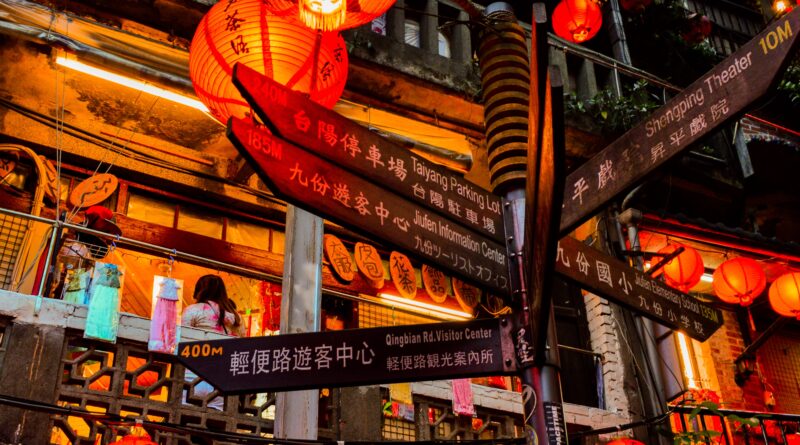
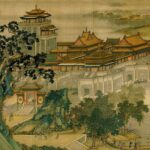
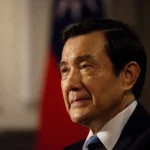

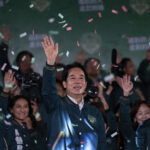

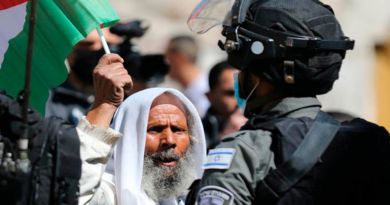
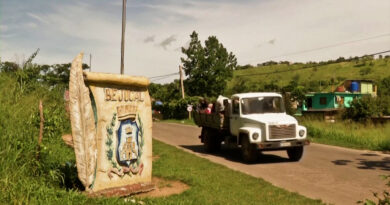
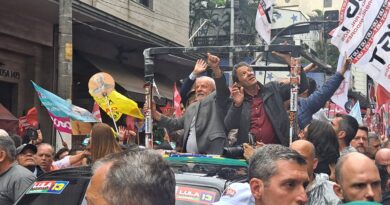
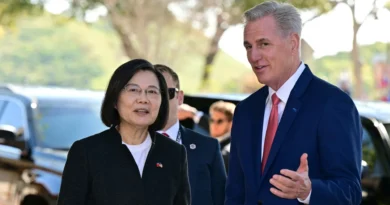

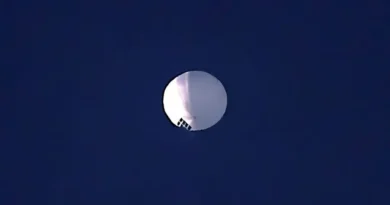

Pingback: The Taiwanese Crossword | NR | alternative journalism